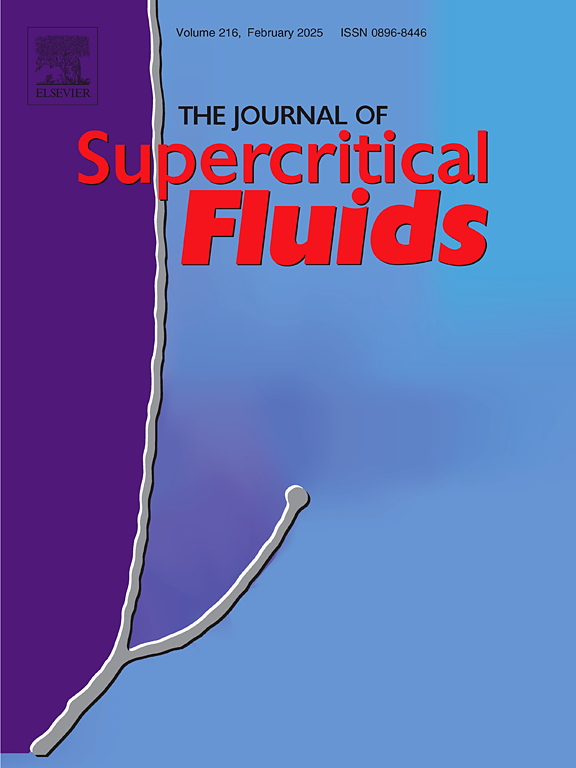Enzymatic synthesis of isoamyl acetate with immobilized Candida antarctica lipase in supercritical carbon dioxide
Abstract
Isoamyl acetate was successfully synthesized from isoamyl alcohol in supercritical carbon dioxide by enzymatic catalysis. First, the impact of the acyl donor was investigated. Among several reactants, including acetic acid and two different acetates, acetic anhydride gave best yields. Then, two different immobilized lipases (Novozym 435 from Candida antarctica and Lipozyme RM-IM from Rhizomucor miehei) as biocatalysts for the above-mentioned reaction were compared. An esterification extent of 100% was obtained in continuous operation using acetic anhydride as acyl donor and Novozym 435 as enzyme. The amount of enzyme preparation was optimised to 6.25?g/mol alcohol. The effect of substrates load in the solvent was investigated. Operating at a CO2/substrates molar ratio below 7.0, the conversion of alcohol decreased, probably due to an inhibitory effect on enzyme by high concentration of acetic anydride or by produced acetic acid. Pressure in the range of 8–30?MPa showed no effect on this reaction, while an increase in temperature (over 313?K) led to lower production of isoamyl acetate. Novozym 435 was very stable not finding any loss of activity during one month of continuous operation. Finally, carbon dioxide was compared to a conventional organic solvent (n-hexane). Initial reaction rate was higher in SC-CO2, although final esterification extent was similar in both media.





